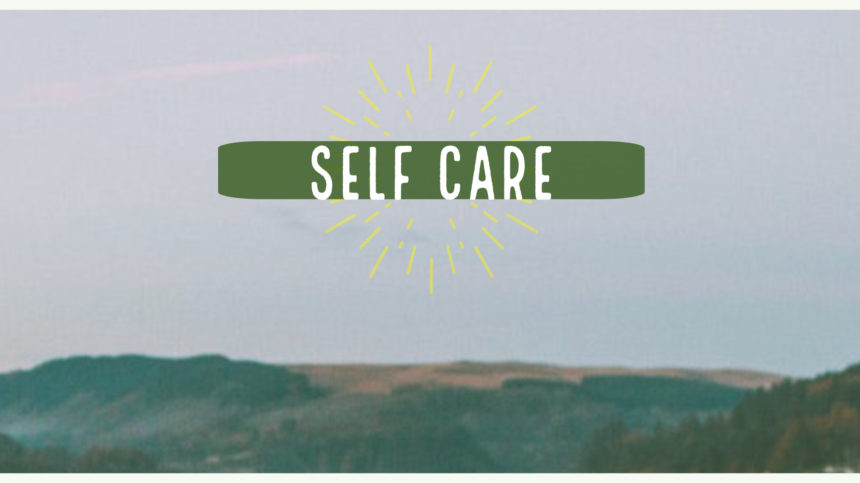
How can we take better care of ourselves and quiet the stress hormones that are pouring out of our adrenals as we face the uncertainty of the coronavirus pandemic?
Here are five ways – all free and accessible to everyone:
- The first is to sustain relationships with those you care about and who care about you. The not so secret path to a long and healthy life is through human attachments, proven to be even more powerful than our drives for food and sex. Don’t be afraid to “over-communicate,” by whatever medium you prefer (e.g., phone, email, text, Zoom/Skype/FB/Google). Do remember, as we said in New York after the 9/11 attacks, “Even Heroes Need To Talk.”
- The second is adequate sleep. Sleep is restorative to the mind and body. It replenishes our capacity to master the next days (now) inescapable challenges.
- The third is good nutrition. Like a Mediterranean diet, high on fish and vegetables, including the many proteins in plants. Easy on the sugars and salt. It is easy to forget or push aside sleep and nutrition, but when it comes to self-care and wellness they count a lot. They furnish us with stamina and help improve the capacities of our immune system to protect us from infection.
- The fourth is by physically moving our bodies, which is much harder when we are confined. But as long as we have internet, music, and television, we will have countless programs offering movement of all sorts. What do you like? Even 20 minutes a day can do the job.
- Finally, the western world has finally come around to a variety of “mind-body” activities that are powerful in diminishing stress, lowering heart rate and blood pressure, and even protecting the insulin-making cells in the pancreas. These include yoga, meditation, slow breathing (yogic breathing, my choice in recent years), mindfulness, and Tai Chi. These are free to learn (online), but they take some practice to master – yet worth the price of our increasingly precious time.
To read more about resilience in the wake of a disaster (such as we now face), check out this entire article by Lloyd Sederer, MD. on Psychology Today.


















